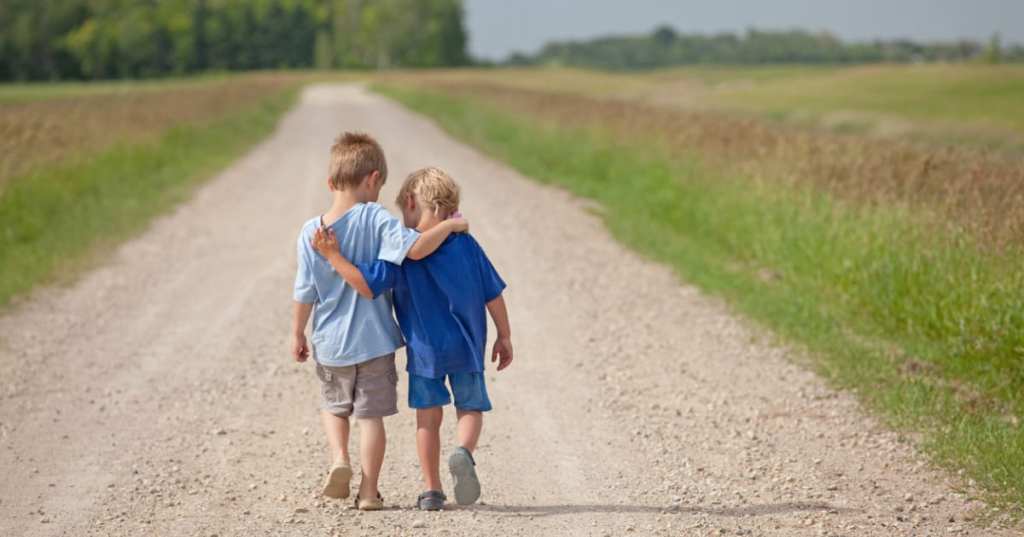Trending Now
Some things can’t really be taught – to some extent, our personalities are formed the moment we enter the world, and though our parents and other adults in our lives can guide us toward being our best selves, we’ll never really change.
That said, children are very malleable, and almost no one is born wanting to be cruel or callous to others. One of the things I want most for my littles is to be kind, compassionate, and able to at least try putting themselves in other people’s shoes.
If that’s something high on your wishlist too, here are 6 things parents of compassionate children all do.
6. They are compassionate WITH their kids.
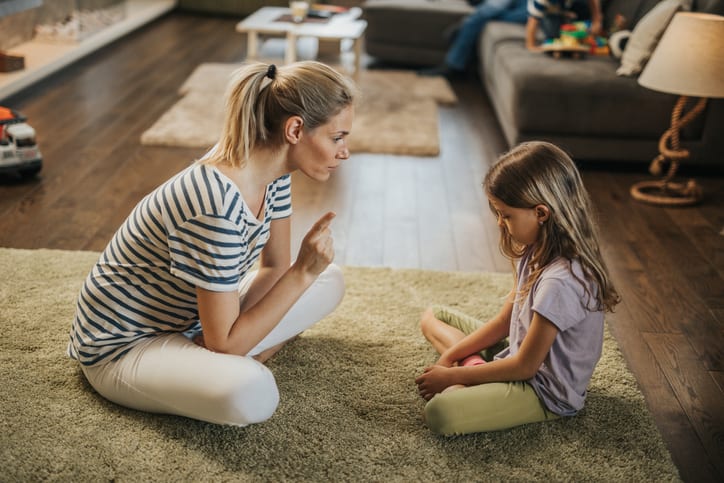
Image Credit: iStock
Kids are going to act up, and some of the time, they will totally show their butts in front of others. It’s fact of life, but according to Dale Atkins, co-author of The Kindness Advantage: Cultivating Compassionate and Connected Children, we need to do our best to wait until we’re in private to correct them.
“You might have to jump in and say, ‘Whoa, we’re stopping this, and you have to come here with me.’
But you don’t admonish them in front of a bunch of kids.
We can say, ‘I’m really seeing red right now, and I don’t want to talk to you right now because I have to think about what I want to say.'”
You and your child will be better off if you talk after you cool off, and he/she will be grateful you didn’t go off and embarrass them in front of others.
5. They teach compassion instead of kindness.
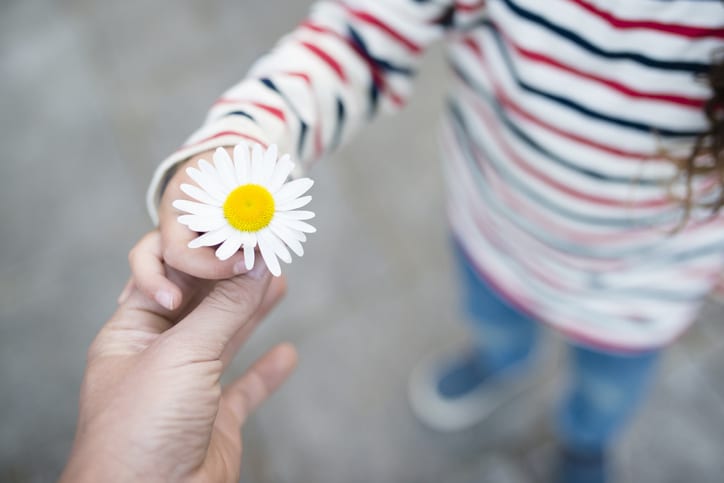
Image Credit: iStock
Kindness and compassion often interact, but they’re not necessarily the same thing. if you want a compassionate kid, you need to encourage those qualities in interesting ways that challenge curious minds.
“Kind kids are interested in other people, they’re accepting, they’re not so judgmental.
They’re willing to listen, they’re empathetic,” says Atkins.
If you see your child being kind and/or compassionate, make sure you call it out, talk about it, and compliment the behavior.
4. They intentionally choose reading and books.
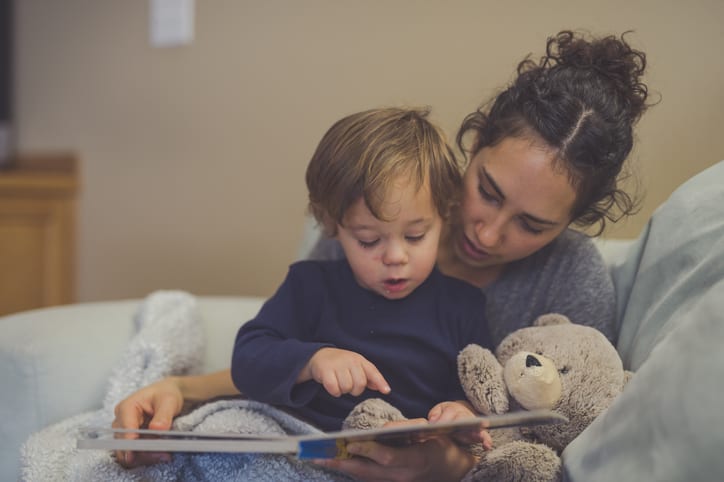
Image Credit: iStock
Young children who read books that feature characters with lives different from their own are more open and compassionate toward those with foreign experiences, says Atkins.
“There’s very compelling research that reading to children helps them feel connected and have empathy.
They gain an understanding that other people have mental states, thoughts, beliefs, and preferences that are different from their own, and that underscores empathy.”
3. They are kind, too.
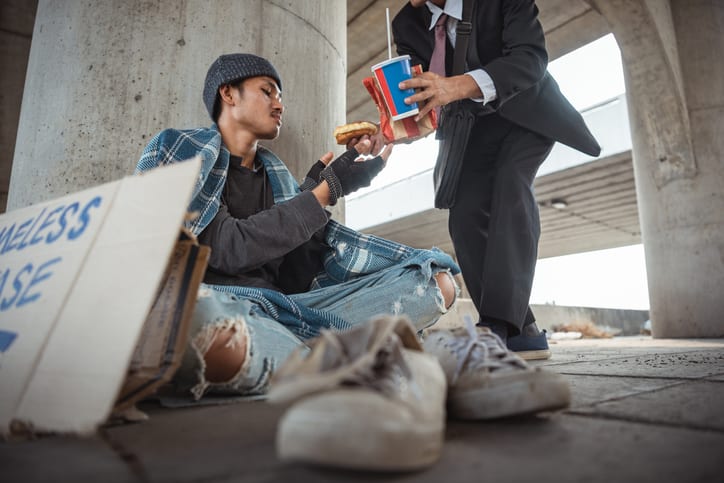
Image Credit: iStock
We know for sure that kids are always watching and always listening – mostly because they will ape or repeat something we wanted to keep private at the worst possible moment.
That said, they will copy our good behaviors, too, so Atkins says one of the best things we can do is to be kind to others ourselves.
“It’s important for kids to be exposed to parents who are charitable.”
2. They have empathy for their kids.
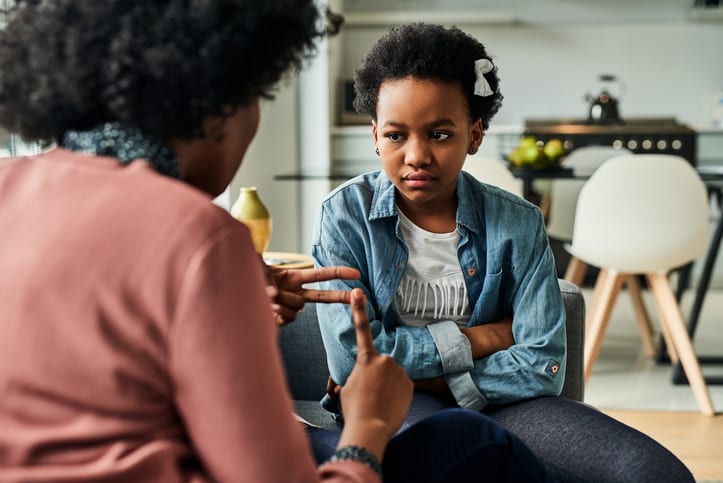
Image Credit: iStock
If you’ve got kids, you’re already aware that they mess up, and they do it daily. It’s all about learning how to be an adult, and as parents, we know it’s our job to teach them how to do that successfully.
Atkins says it’s important for parents to extend empathy to their children, even when they’re in trouble. A great way to do this is to not just tell your child they were wrong and why, but to try to get them to tell you how they were feeling before and after they did something worthy of punishment.
“Once a kid feels heard and like they don’t have to defend themselves as to why they did something mean, you can say ‘I know you wanted to hurt them because you were hurt.
But what is another thing you could have done?'”
1. They express gratitude.
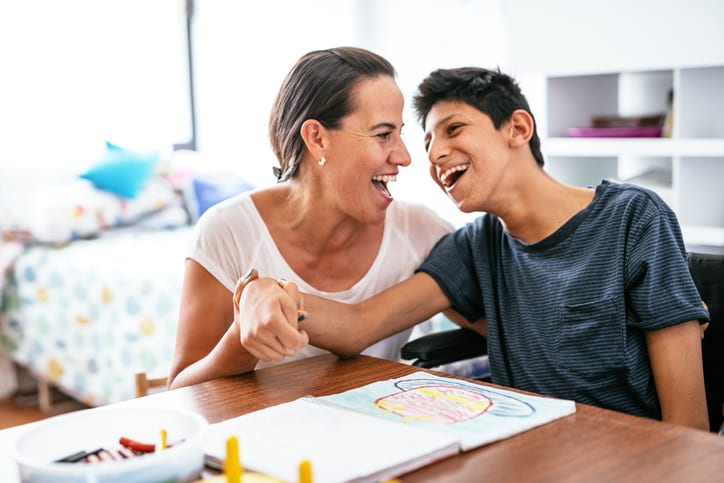
Image Credit: iStock
Kids won’t understand that they have plenty to be grateful for unless parents say, out loud, how grateful they are for their lives and everyone in them.
Atkins reminds parents to say thank you to the people in their lives, to appreciate people who deserve it, and point out the things you’re grateful for on a daily basis.
“Kids should know that gratitude is part of the appreciation of life, because when one is appreciative of one’s life, one is generally going to be kind to other people.”
These are some great tips.
If you have more along these lines, share them with us in the comments!

